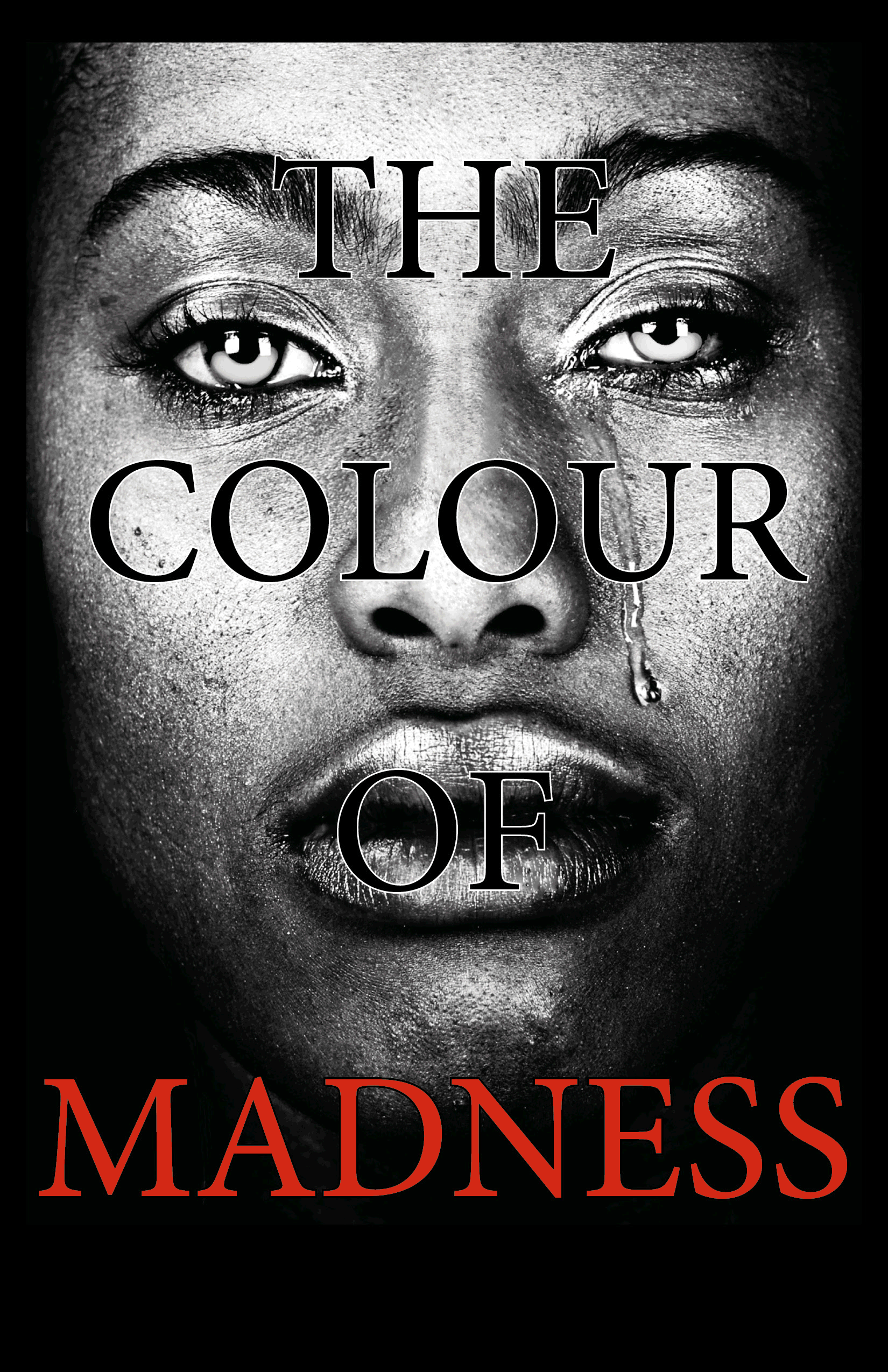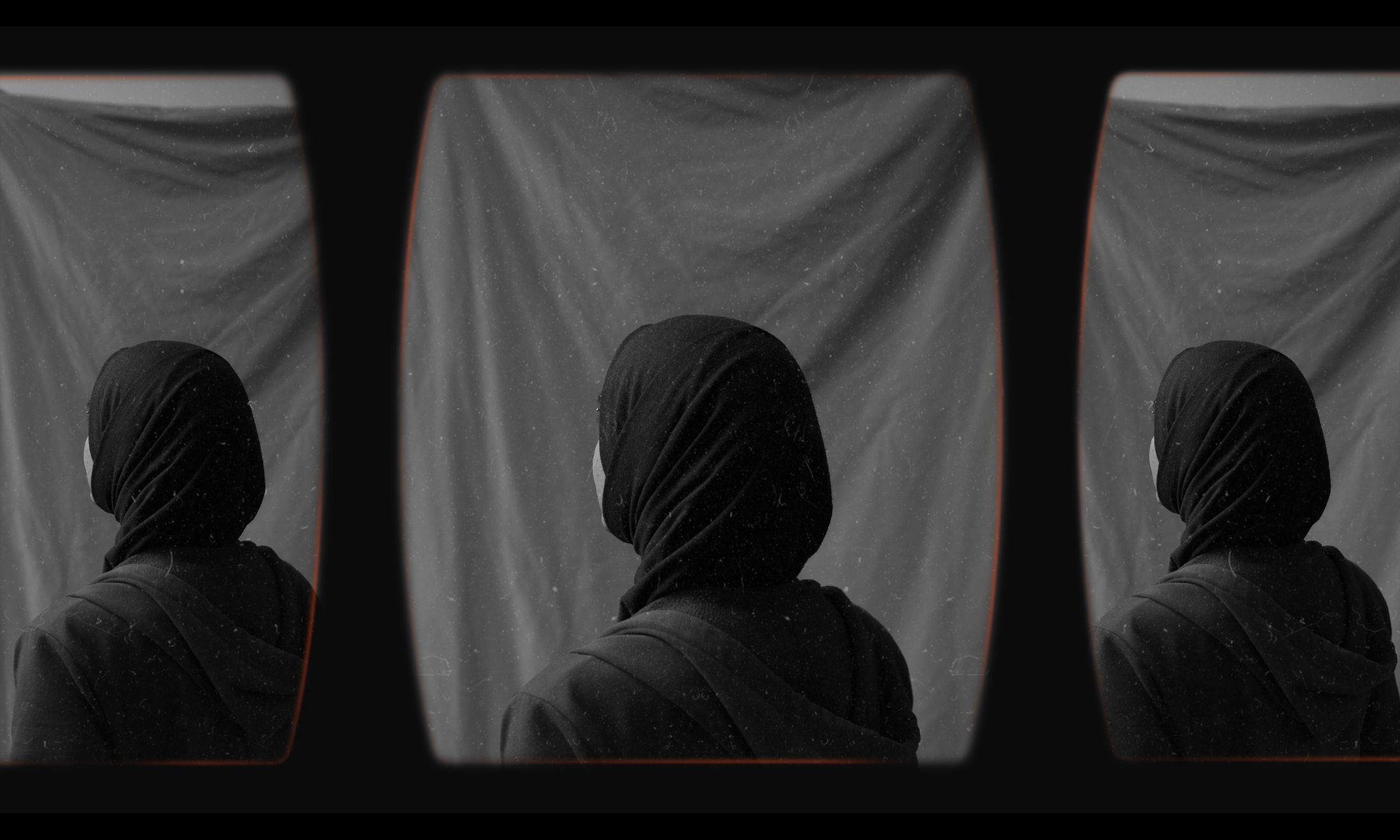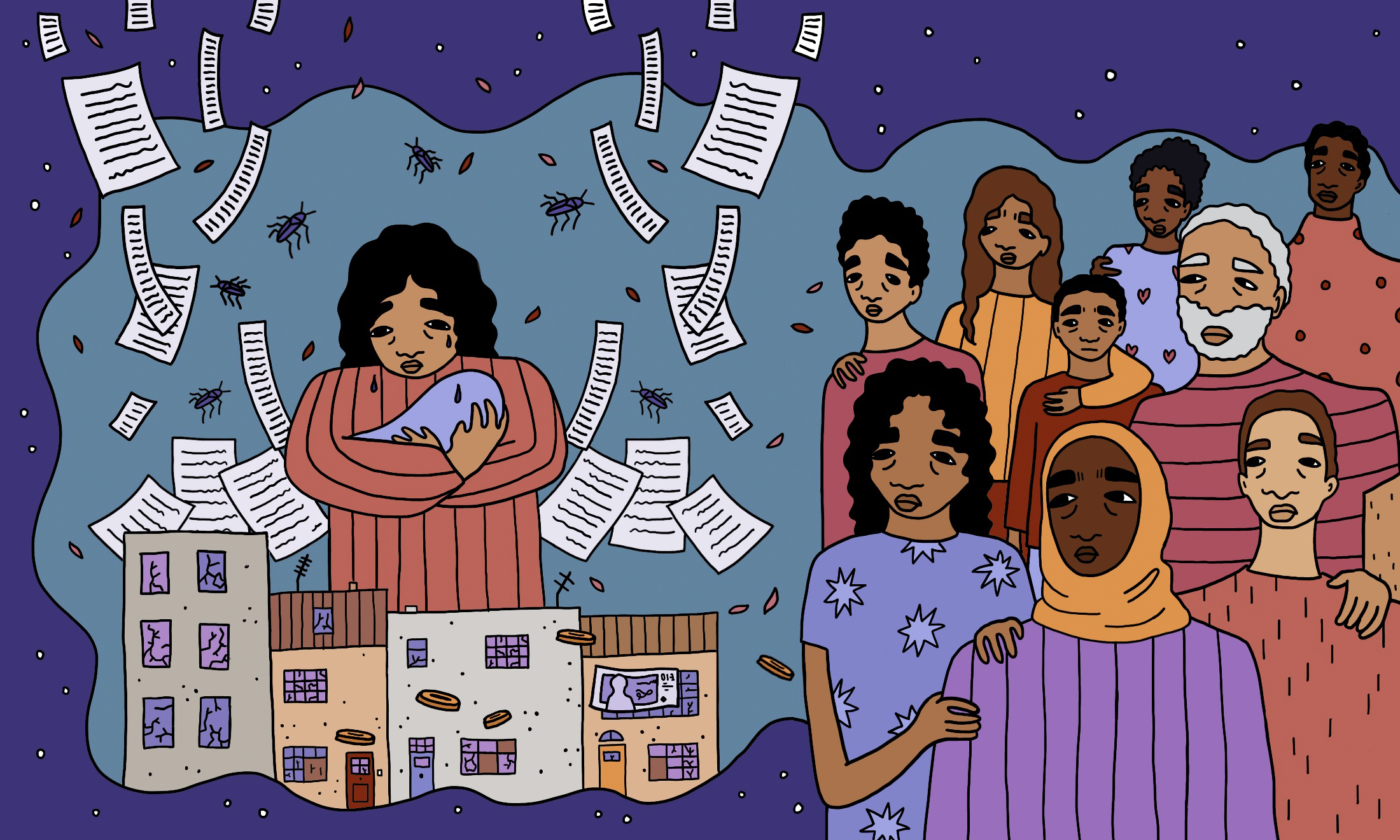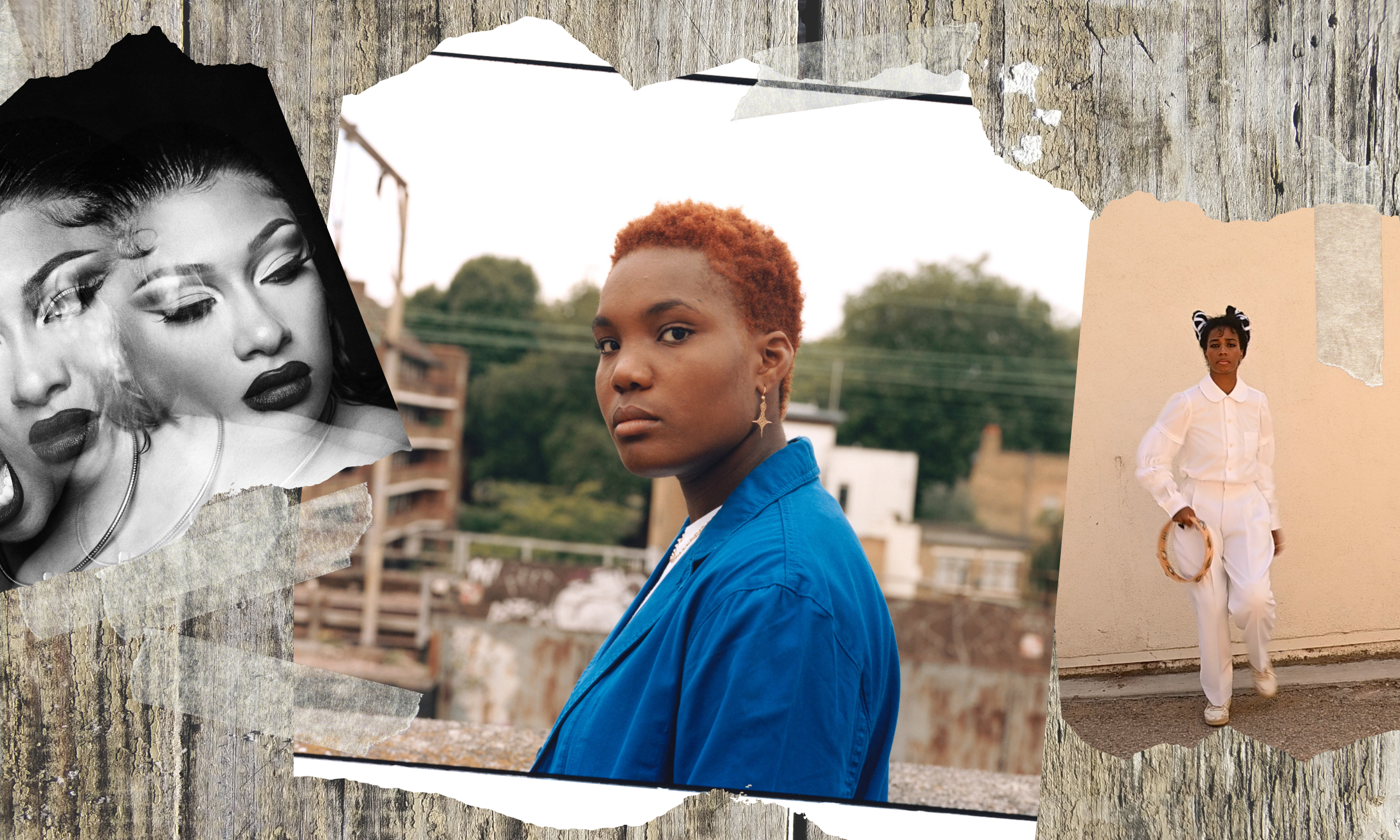
Conversations about mental health are never pleasant. Some are easier than others. Sometimes I can calmly bare my soul to a room full of people about my struggles with anxiety and depression. Other times, I stumble over the word “citalopram” and pretend that my antidepressants are vitamins, for fear of being treated like a “cr*zy person”.
A few months ago, I had one of these difficult conversations about mental health, at an event about mental health in the creative industries. The sole woman of colour on a panel with three white men, I spoke about the difficulties women of colour face in discussing mental health, and the value of communities of colour as sites of healing – when I was able to get a word in edgeways.
My token position on this panel did not go unnoticed. Well-wishing audience members approached me after the session to bemoan the lack of women speakers, and the dearth of PoC perspectives on an issue that is surely not just a white problem. Most notably was Tabatha Stirling of Stirling Publishing, who agreed that a space to discuss the PoC experience of mental health was more valuable than an addendum.
From that chance meeting, The Colour of Madness was born: a collection of poetry, essays, memoirs and art submitted by creatives of colour who are navigating life with mental health problems. We need a space to share our unique experiences of mental health issues, and a platform from which to campaign for policy change in the UK.
My ability to have these conversations about mental health is hard-won, and relatively new. The stigmatisation of mental health in communities of colour prevented me from getting the help I needed for a long time. While my doctors have advised medication for three years, I only recently accepted this advice – to my vast improvement and incredible relief.
“In my mind growing up, therapy was a thing that wealthy white Americans did, not something a person like me could benefit from”
Telling my parents was difficult. On top of the discomfort I’m sure anyone feels in telling their parents that they are struggling, lots of PoC have a culture of silence around issues of mental health. It can be seen as an illness for the privileged, for white people, something of a luxury that us people of colour with “real problems” have no time for. In my mind growing up, therapy was a thing that wealthy white Americans did, not something a person like me could benefit from, and it has taken years of unpacking this bias to get to the point I am at today.
As a black woman who has sought healthcare from majority-white institutions, I am intimately aware of the barriers we have to overcome for access to resources we so desperately need. In my latter years at university I began to struggle with anxiety and depression: I was suffering without an understanding of the nameless dread and exhaustion I was feeling, and clueless as to where to seek help. Eventually I signed up for a consultation with my university healthcare service, hoping to get some counselling to help me through my masters year. University counselling services are famously oversubscribed, and mine was no different, offering me just four sessions.
The healthcare professional I was assigned at the university was a white woman. I didn’t realise this was important at the time. In our first and only session, she looked at me blankly while I explained that – in spite of my good grades – my attendance was sporadic, I wasn’t coping well under the pressures of being a black woman in a predominantly white institution, my mood was awful, and I was regularly finding basic tasks like showering and feeding myself impossible.
As my depression is high-functioning, in her eyes I was in no immediate danger. She told me I seemed to be coping fine, cancelled my future sessions, prescribed a hot bath and instructed me to come back to counselling “when I truly needed it”. What followed was, of course, the most difficult semester of my life. When I think back to that session, I wish I had cried. Maybe something more dramatic and visible would have helped her look past the trope of the successful “strong black woman” and made her take my plea for help at face value.
“…it was life-changing for me to be able to talk about my problems with a counsellor who looked like me, who understood the nuances of my experience, who I didn’t need to walk through the basics of institutional racism, or censor myself around”
This was, sadly, not an isolated experience. As recently as last month, when seeking counselling from yet another university service (different uni, same nonsense), I had another uncomfortable experience with an older white woman that left me teary and shaken. When I asked if I could have a black counsellor, she told me that my request was unimportant, they “might be busy” and that she would continue to see me rather than even ask them. In addition, she asked if I had ever experienced racism in school that might explain my current situation, and when I explained that like most people of colour I was familiar with institutionalized racism she interrupted to sternly tell me that she “didn’t ask for a lecture” but was looking for “specific incidents”.
It’s safe to say that I’m about finished with white healthcare professionals. After my terrible experience in my masters year, I was fortunate enough to be directed to a PoC-specific health organisation in Scotland: Saheliya. Run by and for people of colour and offering free counselling, it was life-changing for me to be able to talk about my problems with a counsellor who looked like me, who understood the nuances of my experience, who I didn’t need to walk through the basics of institutional racism, or censor myself around. This and other communities of colour I have had the blessing of being part of have been so integral to learning how to take care of myself and how to speak about these issues, so now I want to pay it forward.
It is so crucial for us to have access to funded PoC-run and PoC-specific healthcare, and community spaces to talk about mental health. The Colour of Madness is committed to providing that space for discussion through workshops and meetings planned in late 2018, and proving that mental wellbeing is not just a white issue. A crowdfunded venture, the funds raised will go towards the production process of the anthology. This will include initial print runs, book cover design, editorial work, typesetting, distribution costs, publicity, and marketing, while any surplus funds and all royalties from the anthology’s sale will be donated to Kindred Minds, a service-user led mental health charity for PoC.
We are hoping to use the book as a platform to campaign for governmental policy changes, like more healthcare professionals of colour who are sensitive to contemporary needs and issues of PoC, and who can recognise that trauma may look different on a non-white face.
If you are interested in supporting or contributing to the campaign, please find information on our Indiegogo fundraising page here or donate to our PayPal: info@stirlingpublishing.co.uk. Our twitter handle is @MadnessColourOf, and you are able to submit to the anthology here until our deadline of 18th February 2018.









